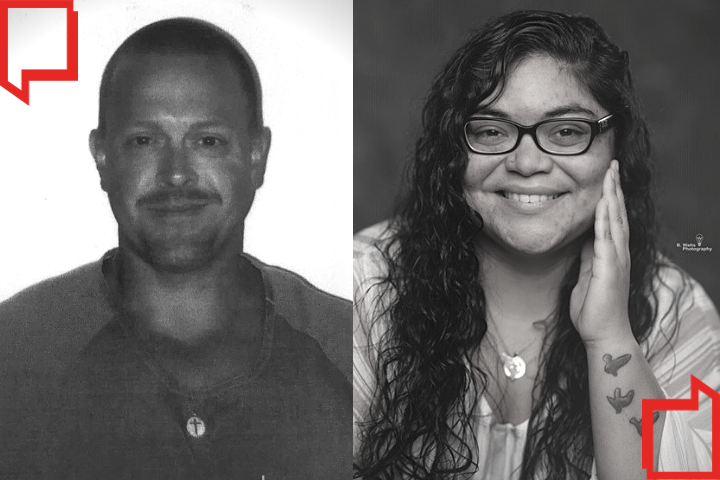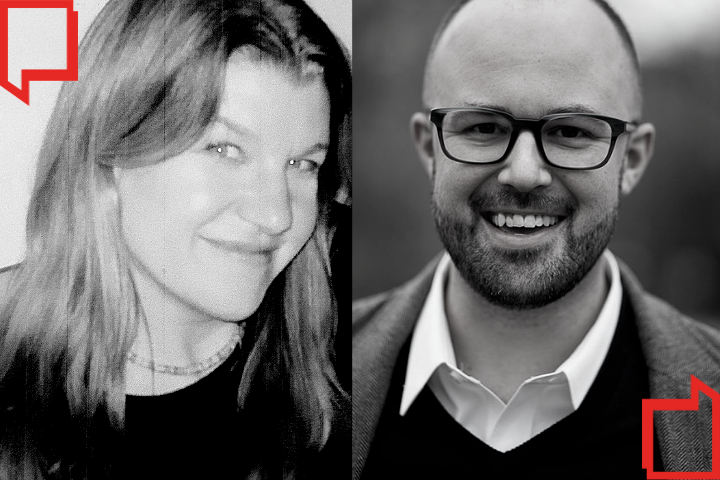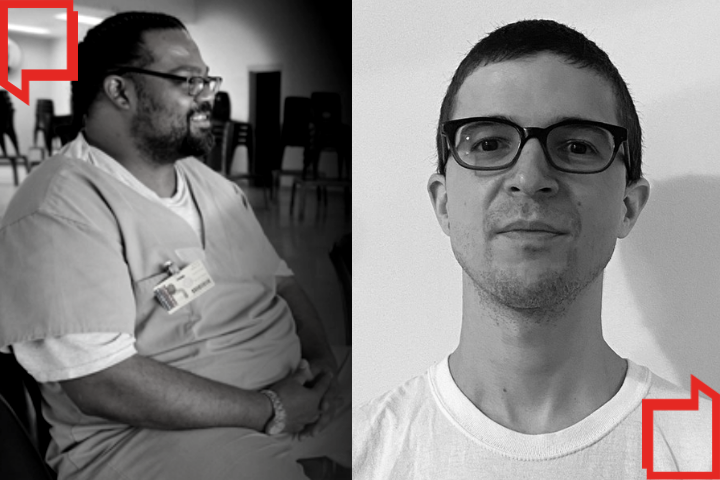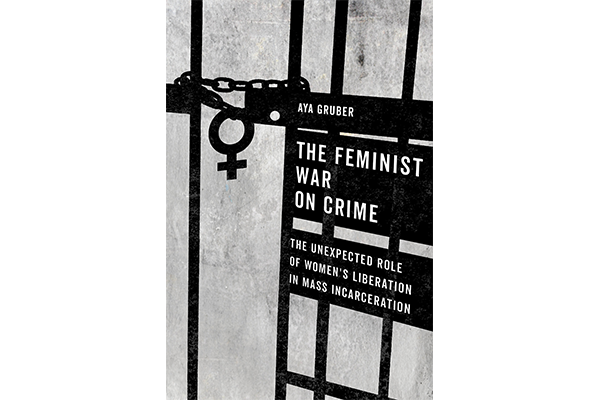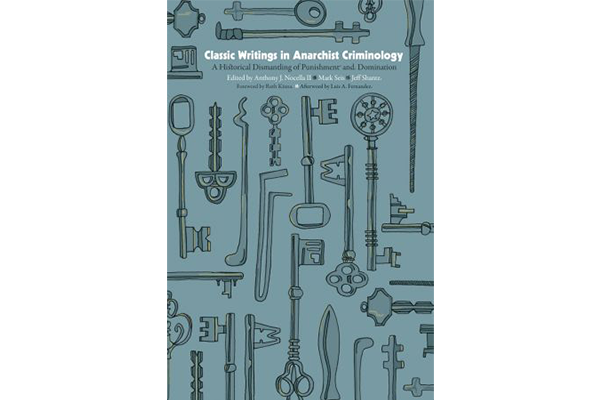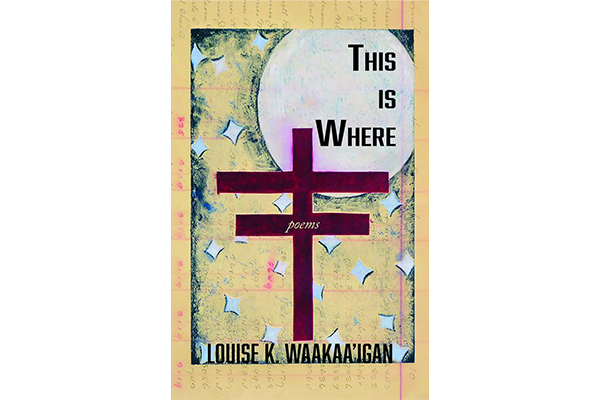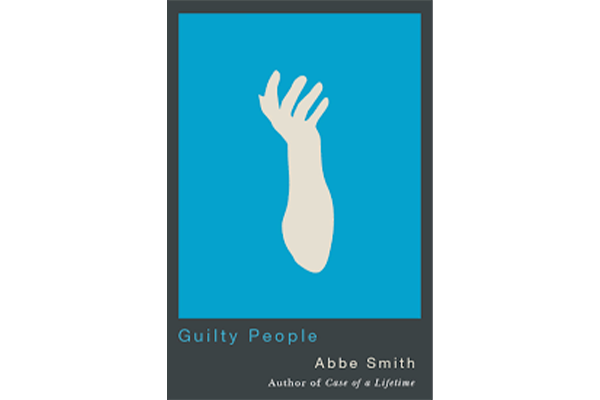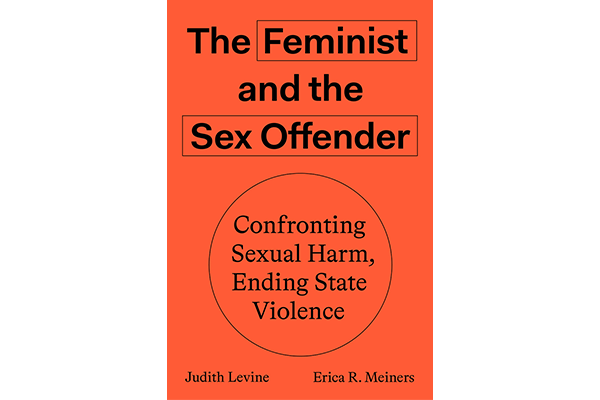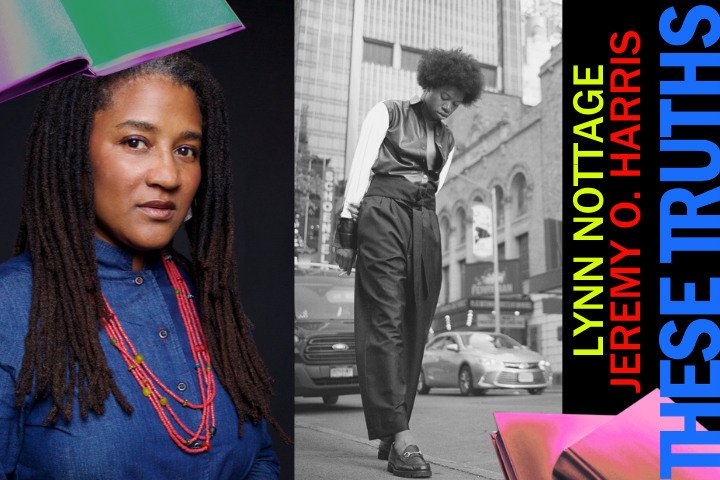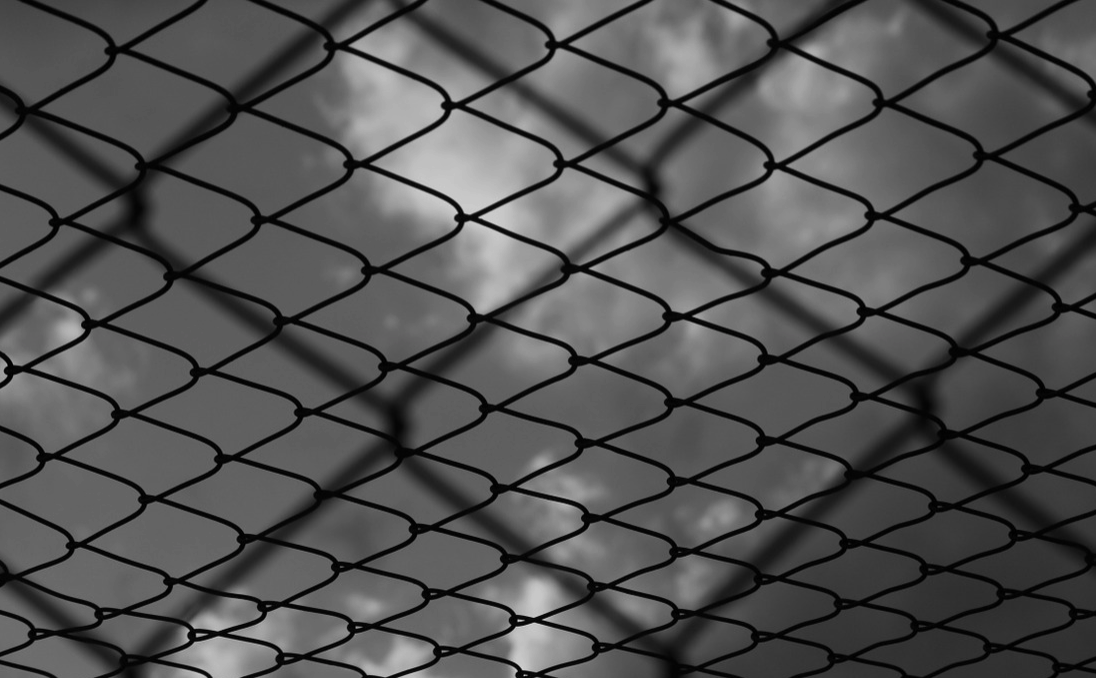Nick Browning was awarded first place in Essay in the 2020 Prison Writing Contest.
Every year, hundreds of imprisoned people from around the country submit poetry, fiction, nonfiction, and dramatic works to PEN America’s Prison Writing Contest, one of the few outlets of free expression for the country’s incarcerated population.
This piece is also featured in Breathe Into the Ground, the 2020 Prison Writing Awards Anthology.
LITTLE GARDENS
Is it possible for murderers to change, to understand what led them to their irrevocable decision and develop true remorse? Does the answer change if the person was a child at the time of the crime? I was fifteen when I destroyed not only my own life but also the ones of those closest to me, and I’ve wrestled with the answers to such hypotheticals ever since.
Were I inclined to excuse and explain away my conduct, or put forth other similarly self-interested rationalizations, I’d answer yes. I’d say how I couldn’t grasp the full ramifications of my actions as a teen, that the thought of my crime today horrifies me, that I’d do anything to take back my actions – and not merely for my own sake. All of that is true, but the fact remains that millions of fifteen-year-olds who had much worse lives than my own didn’t react as I did. Because of that, my life sentences in prison strike me as entirely appropriate. Should the same be said for all other “juvenile lifers,” those given life sentences for crimes committed before they were eighteen?
I am now twenty-seven, having spent the last eleven years in different prisons around Maryland. I have tried my best to make some semblance of a life. The initial years were obviously the most difficult, and I faced them with a mix of self-delusion and ridiculous hopes. It was not a time for introspection or a plumbing of the depths; muddling through was the only goal.
The key for me has been a loving group of extended family and friends. I don’t want to veer into the maudlin, but without them I’d have given up a long time ago. My crime affected all of their lives deeply and profoundly, and yet they showed me nothing but unconditional love and support. Any maturation and development that I’ve undergone I owe entirely to them.
In this place, there are an infinite variety of ways to go bad, and only a few that run in the opposite direction. If the gangs or drugs don’t draw you in, perhaps the allure of gambling or fighting will prove irresistible. And, once you’ve started, things inevitably spiral. I’ve seen ten- dollar poker debts grow into incidents where knives become involved. Prison isn’t a place overflowing with rational, level-headed thinking. The constant worry of appearing weak forces (relatively) normal people into abnormal reactions.
That applies even more strongly to juvenile lifers, who have never spent a day of their adult lives in the real world. Despite our best efforts, we all bear traces of our arrested development. In Maryland alone, there are a little under three-hundred. There have been several recent U.S. Supreme Court rulings that have distinguished children from adults when it comes to sentencing, but that has yet to cause meaningful reform in my own state. As it stands now juvenile lifers are as likely to be paroled as anyone else with a life sentence; which is to say, the possibility is vanishingly slim. Since the early nineties, no juvenile lifer in Maryland has made parole.
That is of course a personally discouraging statistic, and therefore dwelling on it serves little purpose. Everyone must find his or her own way to cope with the rigors and stresses of prison. My own refuge has been books. My background differs from most of the other inmates, a suburban, bourgeois milieu. In a normal version of my life, my hope was to become a lawyer (though not to practice criminal law, as it happens).
I have cut myself off from all the traditional markers of success in the world. I can’t start a career, have a family, become financially successful, travel the world, or really much of anything else. And all of that is eminently justified, given my crime. The one thing left to me is to read. In no other activity can I find much in the way of fulfillment or intellectual satisfaction. I have become that most pitiful of creatures, an autodidact.
My tastes are rather eclectic: they run the gamut from Hellenistic philosophy to Proust. I have a soft spot for the Enlightenment, out of favor though it is with academia. Even if they weren’t nearly as rationalistic and egalitarian as they presumed, the ideal remains a noble one. Voltaire, that bon vivant and wit, has always been a favorite of mine. His charming sense of humor has served me well as a model here: when all else fails, laugh at yourself.
So, for lack of anything better to do, books have passed the time for me. I don’t want to sound exhaustingly high-minded, though. I freely admit I have not done it solely for some platitude like the pursuit of knowledge. No part of me was compelled to devour the classics so that there was one area in which I wasn’t wholly lacking. I have experienced little of the world, and I’ve tried to compensate in the only way I could. Reading has been my desperate effort to forge some shred of self identity in an otherwise numbingly conformist place.
The juvenile lifers are probably, as a class, shaped by the mores behind these walls to a greater degree than anyone else. We by definition entered as children, and therefore have had no choice but to grow up at least partly in prison. One of the many trite expressions you hear bandied about in here is that you remain mentally at the same age as which you entered. For those situated as I am, that is an especially worrying prospect.
Experience has shown me that there is certainly some truth to it. I have known fifty-somethings who run around selling drugs and fighting the guards like they were still sixteen. It’s a minor tragedy, though one that really only affects that person. For whatever reason, the normal maturation that the passage of time brings seems to elude them. The infantilizing aspects of prison are perhaps to blame. If we lose our institutional job, the threats of eviction or starvation aren’t present. We know, no matter how irresponsible we are, that we will always be housed, fed, and clothed. Perhaps not luxuriously, but prisons still provide a higher quality of life than that experienced by billions of people around the world. When I find my thoughts drifting towards self-pity, I try to recall that fact.
Some, though, do not get stuck at their entry age. Out of an attempted humility, I will not opine on which category I best fit. I of course would like to think it’s the latter; but I could share recent stories that would indicate the former is much more apposite.
How have some juvenile lifers managed to grow and thrive in this arid soil? Partly, that answer is inexplicable. I am not an especially religious or mystical person; I favor the more empirical worldview of the aforementioned philosophes. For whatever mix of reasons, certain inmates are capable of rising above their surroundings, and others decline. I have friends here who came from the same inner-city backgrounds as others, had similarly traumatic home lives, and yet they have left their neighborhood gangs, educated themselves and made meaningful steps towards rehabilitation. I won’t presume to have enough insight into the founts of human motivation to determine why people with identical upbringings turn out so differently. Whatever insignificant things I’ve accomplished in here pale in comparison to what they’ve had to overcome to get to where they are.
How can one distinguish between the reformed and unrepentant juvenile murderers? Nonsensical and ridiculous though the idea of course is fellow lifers would make excellent parole commissioners. We see who remains mired in the ways of their old lives, and similarly can spot those who have true remorse for their crimes. I’d feel completely comfortable releasing some people, and almost as confident in marking others as incorrigible. But how can a parole board, using a lightly sketched-in base file and a short chat at one’s parole hearing, possibly come to a full picture of a person? They do the best they can, but it’s unsurprising the end result is a denial.
I don’t know what the solution is. And I am intensely aware that even the prospect of a second chance is something that will never be afforded to our victims. If a victim’s loved ones attend a parole hearing and urge that the inmate be denied, how can one dispute that request? They will never embrace, talk to, or laugh with the person they lost ever again. The idea of the person responsible for that loss rejoining the world is understandably anathema to them. It is with such thoughts that any internal arguments I have for the possibility of redemption falter.
My life in here has been further complicated by my sexual orientation. I’m gay, or at the very least bisexual. As I’ve never actually had heterosexual sex, I remain open to the possibility that I wouldn’t totally hate it. However, my gay leanings emerged even before prison, though I was in far too much denial to be able to properly address it. I so badly wanted to fit the preppy jock cliché in high school, and I of course realized that liking other guys would complicate those efforts.
I’m apprehensive even writing about this guarded aspect of myself. I’ve told family and friends, but it is not common knowledge in my prison. Some of my closest friends in here know, but by no means everybody. Prison is slowly following the real world in becoming a more tolerant place, but it still lags by a significant amount. However, the older I get the more constricting I find the hetero mask to be. Committing this to paper is, then, something of a coming-out party. It may not have the reach of a tweet, but, of all the restrictions on my life, being cut off from social media seems to have been quite the reward.
Swirl my orientation with the young age at which I entered prison, and the result is inevitable self-doubt and -loathing. I didn’t have anyone in here I felt comfortable telling for years. My family and friends on the outside would have been completely supportive, but I was too wrapped up in my own head to realize that at the time. Since being told, they have not altered their behavior towards me in the least, reaffirming every positive characterization I could bestow on them.
And, in a way, being gay in prison could be seen as rather convenient. It does present romantic opportunities unavailable to straight people. Alas, the reality of being a young kid in prison means that the attention generally flows in only one direction. Hopelessly naive and lost as I was in the beginning of this odyssey, I am astonished nothing truly traumatic happened. And that’s without other inmates even knowing my orientation. Had they, I think the results would have been disastrous. Thankfully, I was so terrified of admitting to myself that I was gay that I damn sure wasn’t going to tell anyone else.
But, I avoided any serious sexual abuse in here, and I’m grateful for that. Other young prisoners have not been so lucky. And it really was nothing other than luck that prevented me from getting raped. Had I been placed in a cell with the wrong person, he could have easily overpowered me (I was not then, nor am I now, particularly imposing). The administration would have done what they could after the fact – assuming I reported it and labeled myself a snitch for the rest of my prison sentence – but that wouldn’t have prevented the assault. No, I’m just fortunate that none of my early cell buddies found me sexually attractive.
I don’t know how many of the juvenile lifers have tendencies similar to my own; there’s no questionnaire we all fill out on the topic. Statistically, it’s likely there are more than a few. I’ve known a couple. Most would decline to call themselves anything other than straight, at most they’d accept the gay-for the-stay label. The machismo of prison makes them very conflicted about it. Lamentably, one of the things that would be incredibly beneficial for the subset of gay juvenile lifers (or any inmate so inclined), an intimate, stable relationship with another human being, we cut ourselves off from.
The prison system prohibits any sexual contact of course, even if it is consensual, and the most that is possible is secretive hook-ups. It’d be so much healthier if a different mentality prevailed amongst both guards and inmates. To grossly generalize, all inmates are self-centered pricks, and we could use nudging into empathy-generating situations.
No amount of reading can ever substitute for an actual relationship. The former is an irremediably solipsistic activity unless you are able to share it with others. I am not saying such strictures are unfair, given our crimes, just that something even slightly approximating a real relationship would make this place a lot less lonely.
Ultimately, what should society do with juvenile lifers? Are we no different than adult murderers? We took at least one life, and therefore deserve to pay for it with our own? As I’ve said throughout, I don’t necessarily disagree with that view. When I can’t sleep at night, such thoughts often stalk me. And, to be precise in my language, society has already done something—life sentences that will most likely see us live out the rest of our days in prison.
At what point can we be said to have paid our debt, if ever? Is it a mathematical calculation, two, three or four decades of incarceration? Is it reaching a set age? Either would be essentially guesses for what justice requires. And, most importantly, would society be safe in releasing some of us?
Overall, the recidivism rate for murderers is significantly lower than for the overall prison population. Such crimes seem to have event-specific factors that don’t necessarily repeat themselves. But, it would be naive to doubt that at least some released would reoffend. There’s no way around that eventuality. Does that then mean none of us should be released? I won’t even pretend it’s my place to say.
So much is out of my control, and that is proper. I don’t know how the second act of my life will unfold, or if there even will be one. What I can control is limited, but also incredibly important: how I spend my days in the circumscribed space my actions have put me in. My life is still more than what I left my victims. They will never have the second chance that some would say is appropriate for juvenile lifers. Therefore, I can never use language as callous as “deserving” anything; that goes too far, almost seeming to belittle our victims. No, we have already gotten what we deserve.
Nevertheless, I intend to continue to find and create whatever meaning I can in my days, to tend to my little carceral garden. It is not particularly fulfilling, nor is it easy to live with the knowledge of my crime. But, each of us in here, juvenile lifer or otherwise, has a choice: to stagnate or grow – however fitfully, and in spite of the circumstances. Society has correctly given us a sabbatical from life. We must decide what to make of it.
Further Reading
- From the Prison Writing archives: Hal Cobb’s poem “Applause”
- Learn more about advocacy for incarcerated LGBTQIA+ people
- National Center for Transgender Equality, “Standing With LGBT Prisoners: An Advocate’s Guide to Ending Abuse and Combating Imprisonment”
- Prison Activist Resource Center, LGBTQI-focused Organizations and Resources
- Understand the phenomenon of juveniles with long sentences
- Temperature Check Vol. 4
- Beth Shelburne, 2018 Writing for Justice Fellow: “The Castaways: How Alabama’s Habitual Offender Law Threw Away The Least Among Us”

